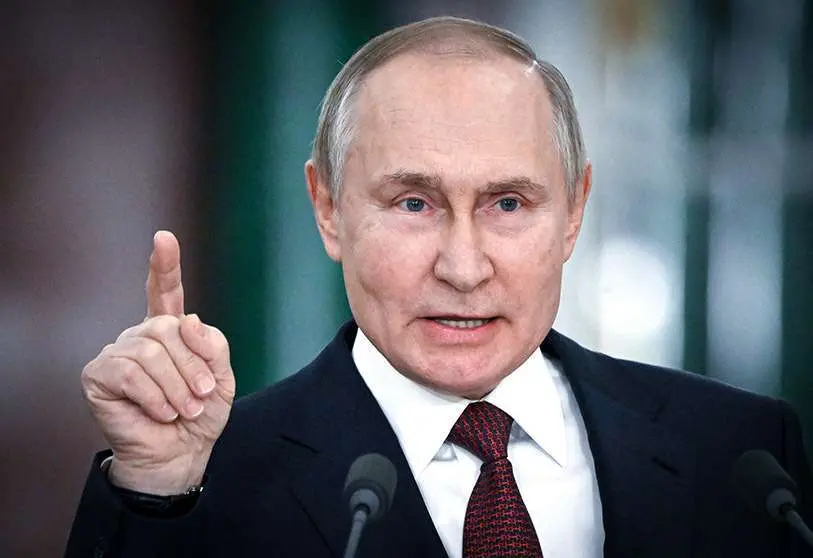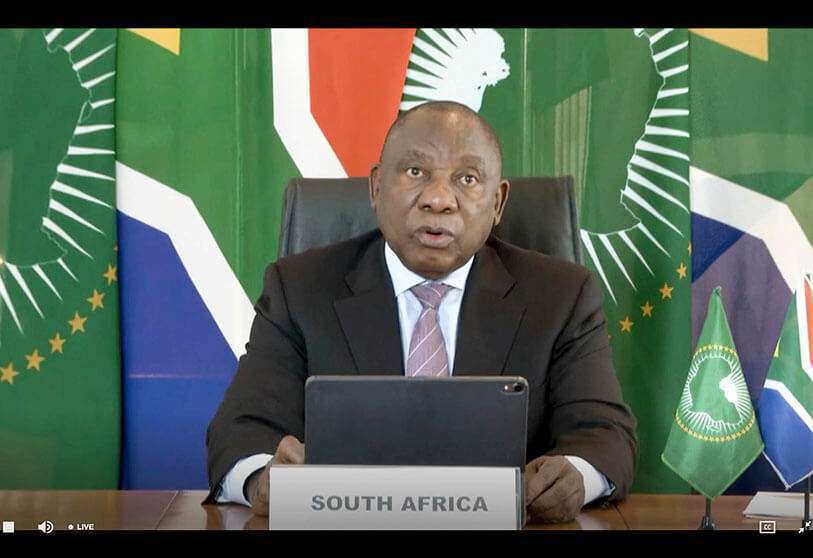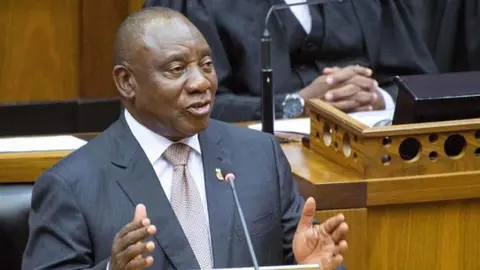South Africa: Putin will not attend BRICS summit to avoid "trouble" over his arrest warrant

South Africa said that Russian President Vladimir Putin decided not to attend the summit of the BRICS group of emerging economies hosted by the African country next August in order "not to endanger" the event or "create problems" because of the international arrest warrant for him.
"President Putin understands the dilemma South Africa is facing, but he did not want to jeopardise the summit or create problems for South Africa," said South Africa's diplomatic representative to the BRICS bloc, Anil Sooklal, during a press conference in Johannesburg.
For Sooklal, the Russian leader's decision is a sign of "the maturity and strength of the (BRICS) bloc".

Although Putin will not travel to South Africa, he will be present virtually at all the summit deliberations, the South African diplomat said.
"All the issues we have put on the agenda are discussed collectively and we are confident that the summit will be a success," he added.
The press conference came a day after South African President Cyril Ramaphosa confirmed that his Russian counterpart will not attend the BRICS summit.
South Africa, which will host the BRICS summit on 22-24 August in Johannesburg, was in the spotlight after confirming last March its invitation to the Russian president to attend the meetings, despite an arrest warrant issued by the International Criminal Court (ICC) against him for alleged war crimes in Ukraine.

As a member state of the ICC, South Africa is obliged to cooperate in Putin's arrest, but the country had so far avoided disclosing how it would proceed if the Russian president landed on its territory.
However, Ramaphosa refused to arrest his Russian counterpart because it would be a "declaration of war" against Russia, according to the Gauteng High Court, which published the president's previously confidential remarks against his will on Tuesday.
South Africa claims to have adopted a neutral stance on Russia's war against Ukraine, and has called for dialogue and diplomacy to resolve the conflict.
This position is not only linked to Moscow's strategic, political and economic role in some African countries, but also to historical reasons, such as Russia's support for anti-colonial and liberation movements in the 20th century, including the struggle against the segregationist apartheid regime.
Brazil, Russia, India and China created the BRIC group in 2006, joined by South Africa in 2010, adding the letter S to the acronym.









